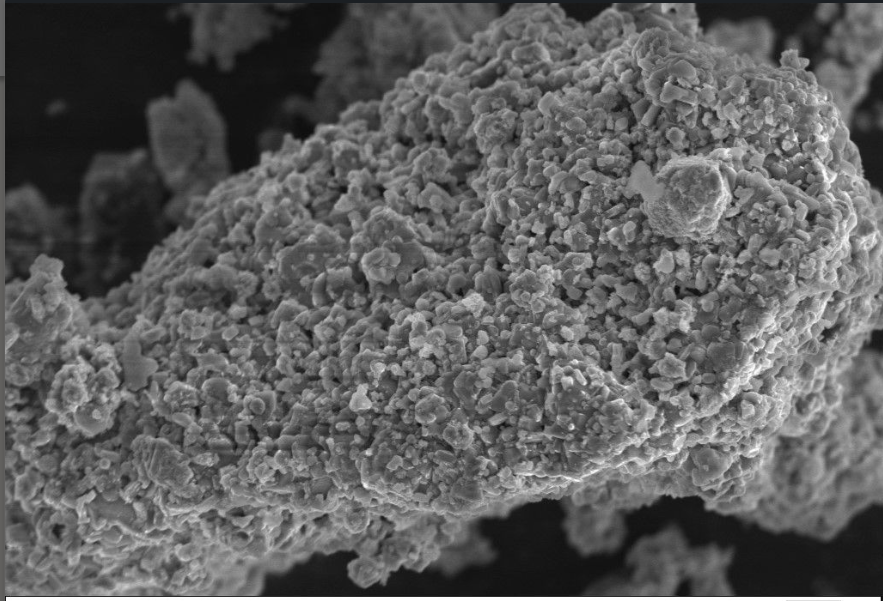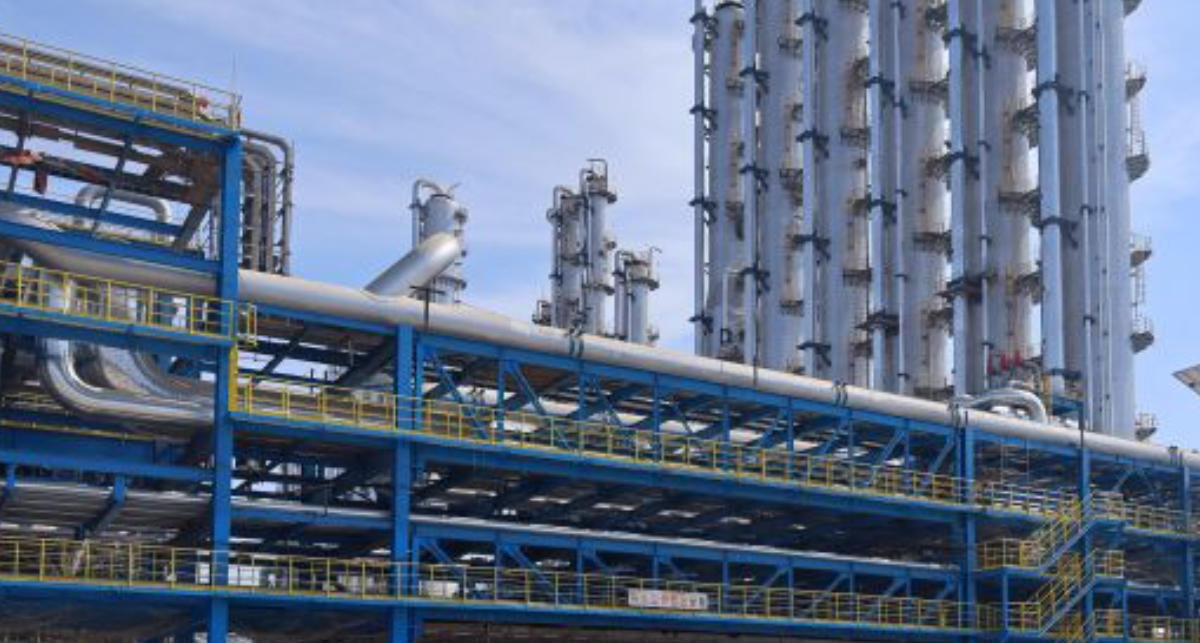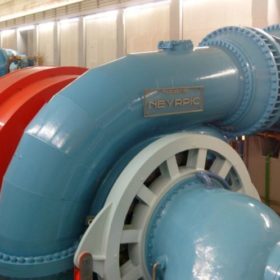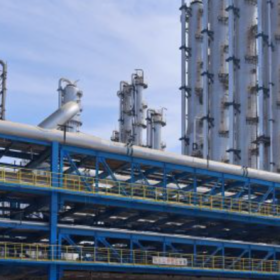The growth of electric vehicles (EVs) and energy storage solutions has led to a rapid rise in the demand for batteries and consequently for efficient and sustainable battery recycling methods. Traditional recycling techniques have downsides such as efficiency and environmental, even though they do the job. Advancements in materials science is changing the scenario and ushering in a new era of battery recycling, making it environment friendly and economically viable.
Materials science studies the properties of solid materials and the behaviour of their constituent materials that affect said properties and structure. It can play a crucial role in innovating recycling methods and overcoming the limitations of traditional techniques. By understanding the properties of battery materials at the molecular level, new processes are being developed that enhance the recovery of metals from spent batteries.
Integrated carbothermal reduction is a promising recycling technique that uses the physical properties of battery materials to extract them from batteries. It generates no waste and is highly energy efficient compared to current prevalent methods.
The magnetic separation technique is another innovation being developed by researchers. This technique enhances the purity of recovered battery materials. Magnetic fields are used to separate battery materials from battery waste maintaining their structural integrity and functionality.
Hydrometallurgy and pyrometallurgy were the prevalent methods for battery recycling. Pyrometallurgy is highly energy intensive and results in a lot of loss of battery materials as waste. Hydrometallurgy is energy intensive as well and uses a lot of chemicals, meaning there is generation of toxic waste. Hydrometallurgy, the more widely used recycling method, has seen some significant advancements in recent times. Hydrometallurgy leeches out metals from battery waste using chemical solutions. Chemical solutions and processes are being innovated to selectively extract valuable metals like lithium, cobalt and nickel with lower environmental impact. Solvent extraction techniques are also being refined, to selectively bind specific metals to enhance separation of metals from leaching solutions and enhance purity levels in recovered metals.
Advanced materials science in battery recycling allows the approaching of battery recycling as mining of batteries. It can solve gaps and pitfalls that are currently faced by battery recycling and offer significant economic and environmental benefits. With increased efficiency and purity of recovered materials, the need for virgin mining is reduced which is costly as well as unsustainable.
Extracting one ton of lithium requires about 28 tons of end-of-life Li-ion batteries, compared to 250 tons of ore or 750 tons of brine.it also takes several months to a few years to refine lithium along with using huge amounts of water.
In comparison, recycling consumes much fewer resources and takes less time translating to lower environmental impact. Economically, there is a great case for recycling as recycled materials with high purity levels (consistently getting higher with innovations in materials science) are at par with mined materials in terms of price. Companies in North America are scaling their operations, demonstrating that advanced recycling technologies are economically viable.
The future of battery recycling is promising spurred by continuous advancements in materials science, driving the development of more efficient and sustainable processes. As demand for lithium-ion batteries continues to rise, these innovations will play an important role in meeting the world’s energy needs while minimising environmental impact, promoting circularity of resources as well as energy efficiency.
The views and opinions expressed in this article are the author’s own, and do not necessarily reflect those held by pv magazine.
This content is protected by copyright and may not be reused. If you want to cooperate with us and would like to reuse some of our content, please contact: editors@pv-magazine.com.








1 comment
By submitting this form you agree to pv magazine using your data for the purposes of publishing your comment.
Your personal data will only be disclosed or otherwise transmitted to third parties for the purposes of spam filtering or if this is necessary for technical maintenance of the website. Any other transfer to third parties will not take place unless this is justified on the basis of applicable data protection regulations or if pv magazine is legally obliged to do so.
You may revoke this consent at any time with effect for the future, in which case your personal data will be deleted immediately. Otherwise, your data will be deleted if pv magazine has processed your request or the purpose of data storage is fulfilled.
Further information on data privacy can be found in our Data Protection Policy.